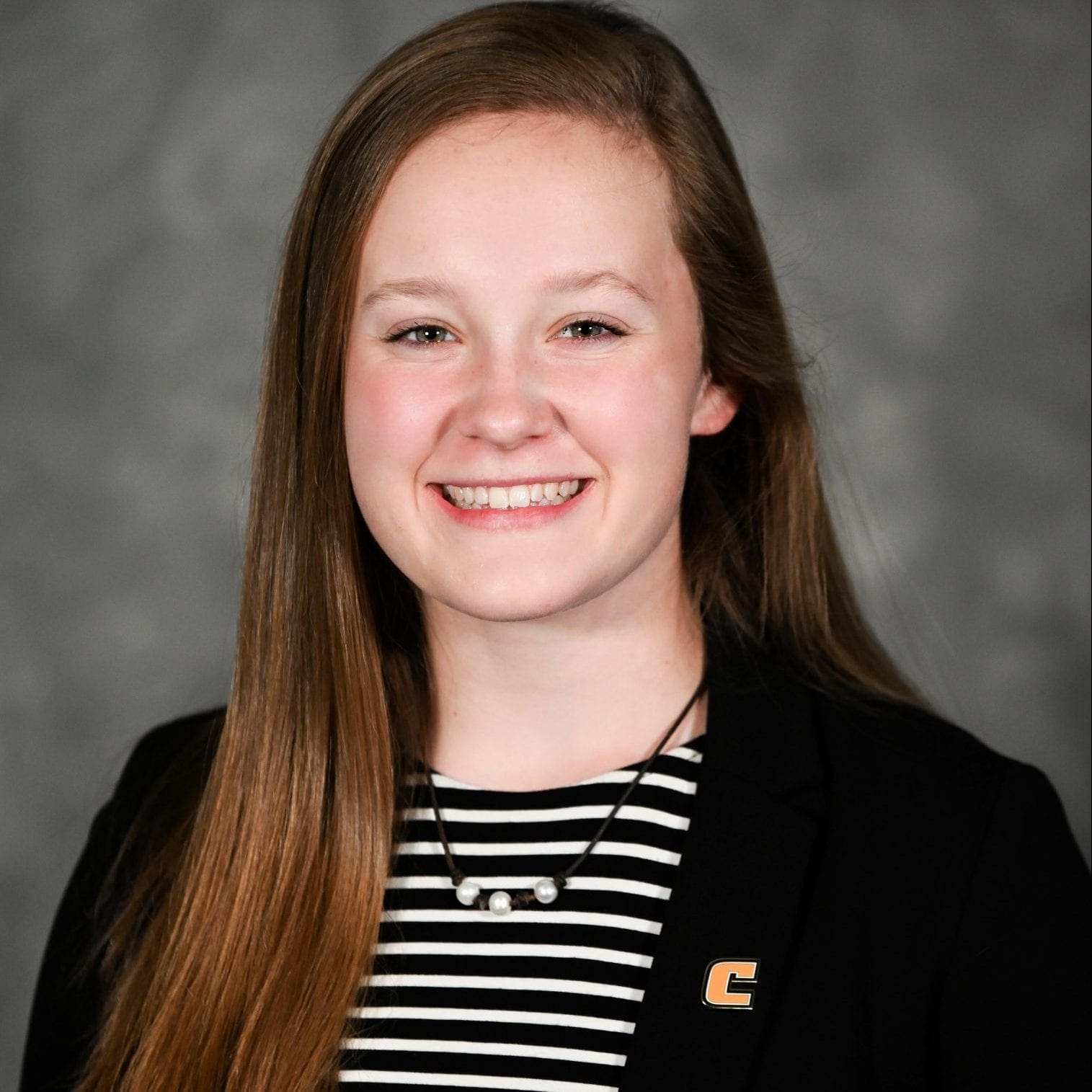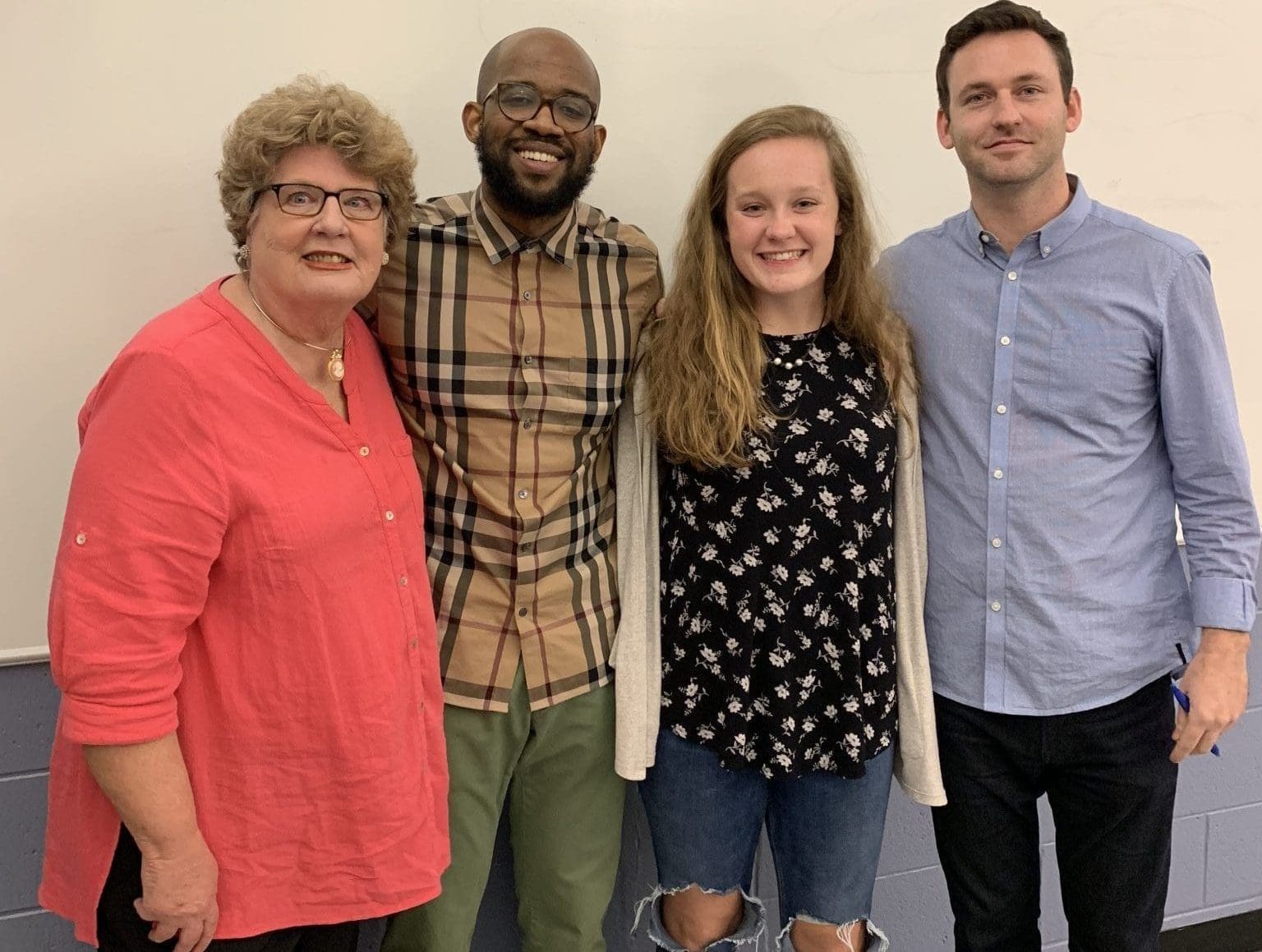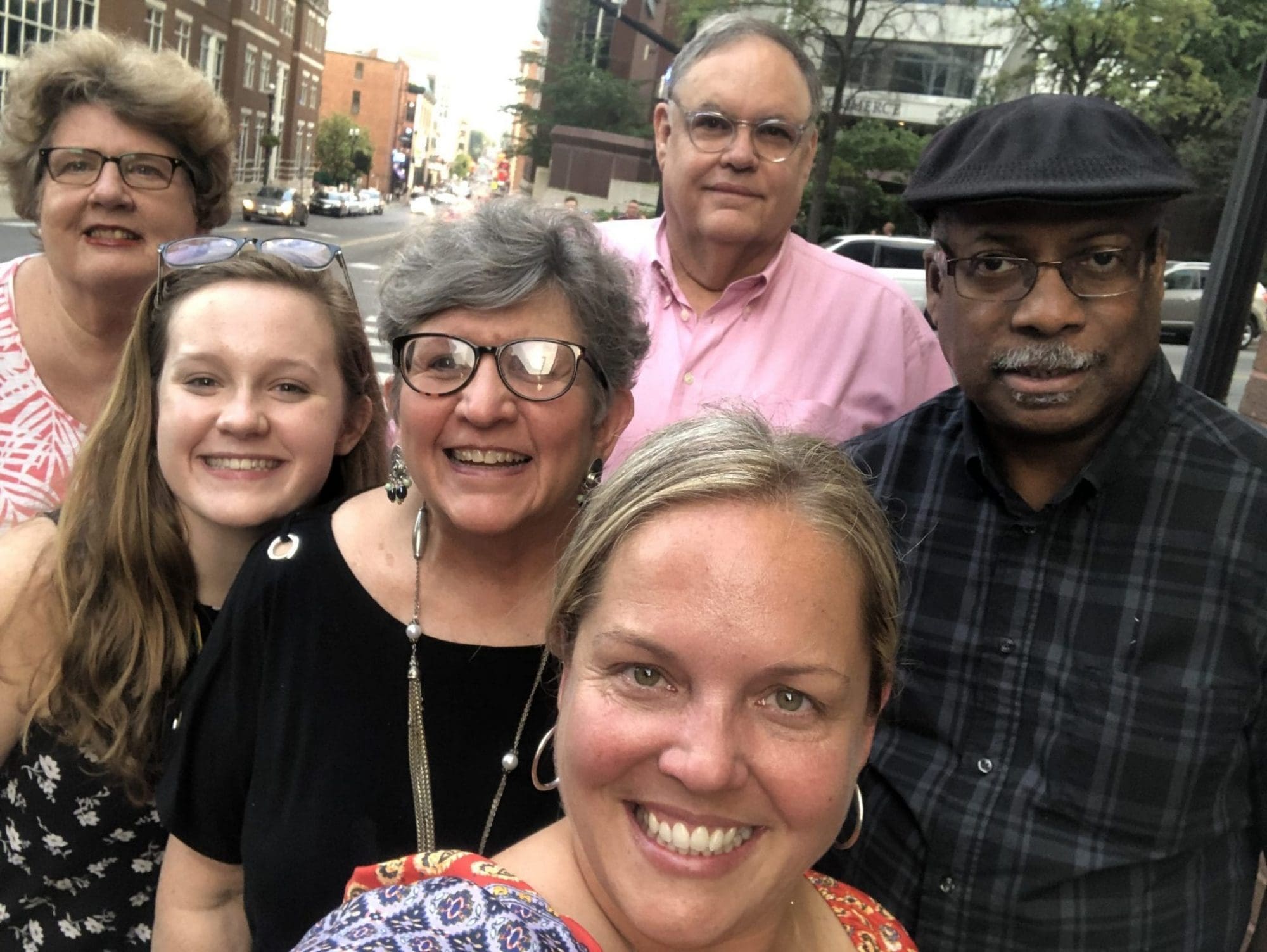
Mallory Anderson, freshman at the University of Tennessee at Chattanooga in the Honors College, is a Biochemistry major with a minor in Mathematics. Originally from Memphis, TN, she graduated as Salutatorian. She has also stuttered for as long as she can remember, and has never let that hold her back from accomplishing all of her goals.
From that fateful day when she entered ‘stuttering support groups’ into her search bar, to her first chapter meeting, to the current confidence she has in her own voice, read on to learn more about this superstar’s journey and how the NSA fits into her life.
In January of 2019, the spring semester of my senior year of high school, I was doing a quick Google search of “stuttering support groups,” and I stumbled across the National Stuttering Association’s website. Unaware of their goal or the “services” they offer, I scoured the website and found the section titled “Local Chapters.” Luckily, I found a local chapter just 30 minutes from my house at the time.
At the time I was a 17 year old with her eyes set on college. I was nervous, but not for living on my own or becoming independent. I was nervous about my stutter: how would people react, how would college students react, how would my professors react. Now that I was almost 18, I had finally accepted that my stutter was not just a childhood thing; it would accompany me well into my adult years.
I emailed Eugene, the chapter leader, and asked him if I could attend the next chapter meeting. Of course, he was ecstatic for me to attend. I was apprehensive at first. I had never, until then, openly spoke about my stutter, the struggles that accompany it, and how it has impacted my life.
I pulled up into the church parking lot where we meet and I sat in my car thinking about how I would introduce myself, and whether I could say my name. Then I remembered, “all of these people stutter too–why am I worried?” I had manufactured this false fear that everyone was anxious for me to “just get my words out” or to “just spit it out,” and going into an environment where everyone was patient and didn’t say comments to speed me up was one to look forward to.
I walked into a room with a lot of smiling faces. I introduced myself, and stuttered, naturally, and they all still listened intently, almost as if they were on the edge of their seats. The more we got to talking, I realized I was the youngest one there, by far (at least at this first meeting). It was the first time I had ever met an adult who stuttered; now I was in a room full of them. All told stories of their former selves and their successful lives in the workforce. It gave me hope. If they could survive living, working, and loving for all this time with a stutter, surely I would be able to as well.


I met a wide variety of people that day. I met Julie, a retired speech-language pathologist who now travels the country watching ice skating shows. I met Lew, a joyful man that is tirelessly involved in the boy scouts, passionate about the development of young boys into men. I met Eugene, a rehabilitation counselor and Uber Driver on the side, who will talk your ear off if you give him a chance (ironic, right?). I met Maxine, a retired hospital pharmacist who always has a smile on her face. I met RT, a retired General Motors manager who didn’t let his stutter hold him back from moving up the corporate ladder.
I attended every meeting after that month until I started college. I told them stories of my struggles, my triumphs, and just how my day had been going. I even practiced my Salutatorian speech with them a week before my high school graduation ceremony. They became like a second family to me, supporting all my crazy endeavors.
And now that I think about it, we are an unlikely group of friends. Varying ages, races, socioeconomic statuses, current or former occupations, hometowns, likes and dislikes, marital statuses; yet, we all share one common characteristic, we stutter.
I had never been able to, until now, talk with people who truly understand my daily struggles. They understand how hard it is to talk on the phone or order at drive-thrus, the simple daily tasks that everyone takes for granted. Attending the meetings has truly changed my outlook on stuttering. I used to be scared about making new friends, talking to new people, and going to events where I didn’t know anybody else. That fear has made me miss out on some pretty amazing experiences. I don’t want to sit here and wallow about all the “what-ifs” in my life, though. The support group has given me the confidence to not be afraid of what people say or think. It’s my voice, my words, my thoughts, and I deserve to be heard.
If you are a person who stutters, you are not alone. Go find a local chapter (or make your own), and get those sympathetic, radically supportive, and loving friends you have always needed.
